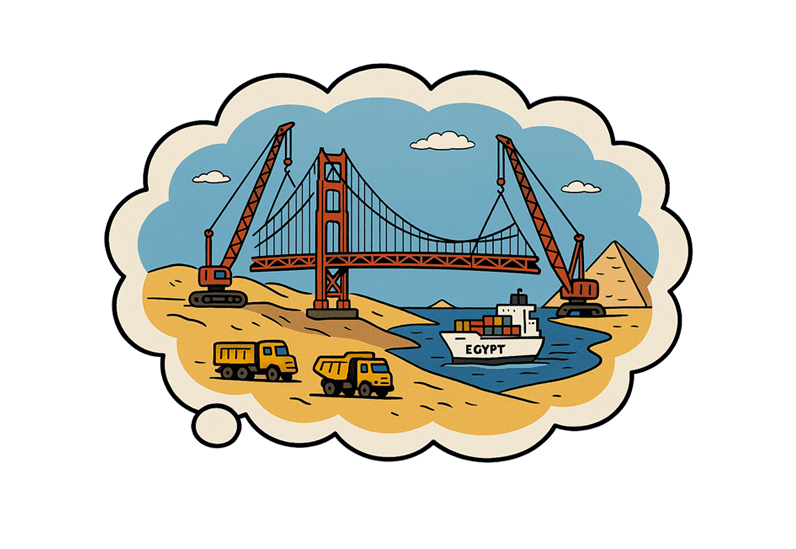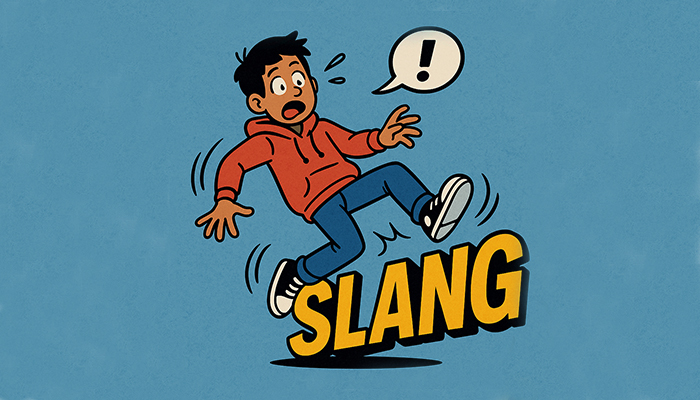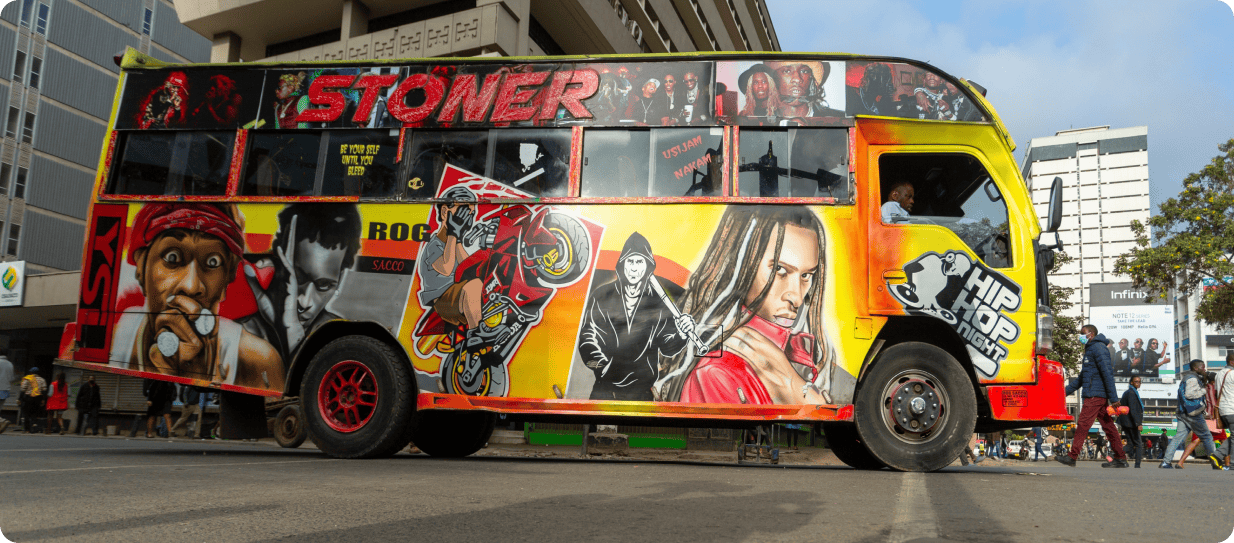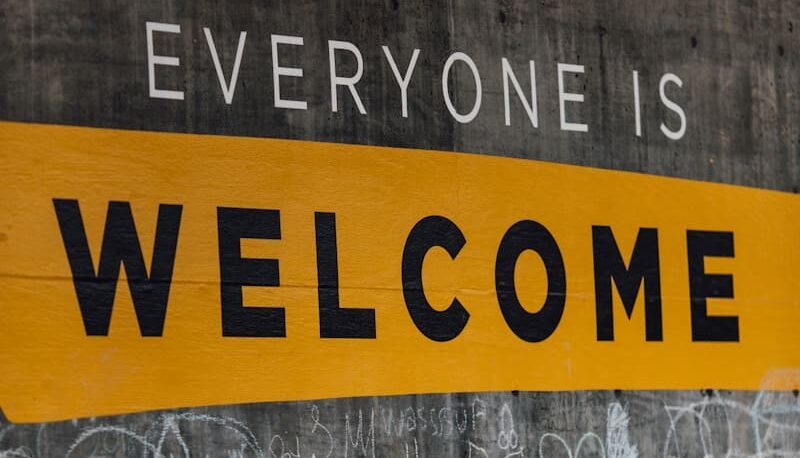Cultural tips for business Export markets Languages Localisation
Business opportunities in Indonesia and the Bahasa language
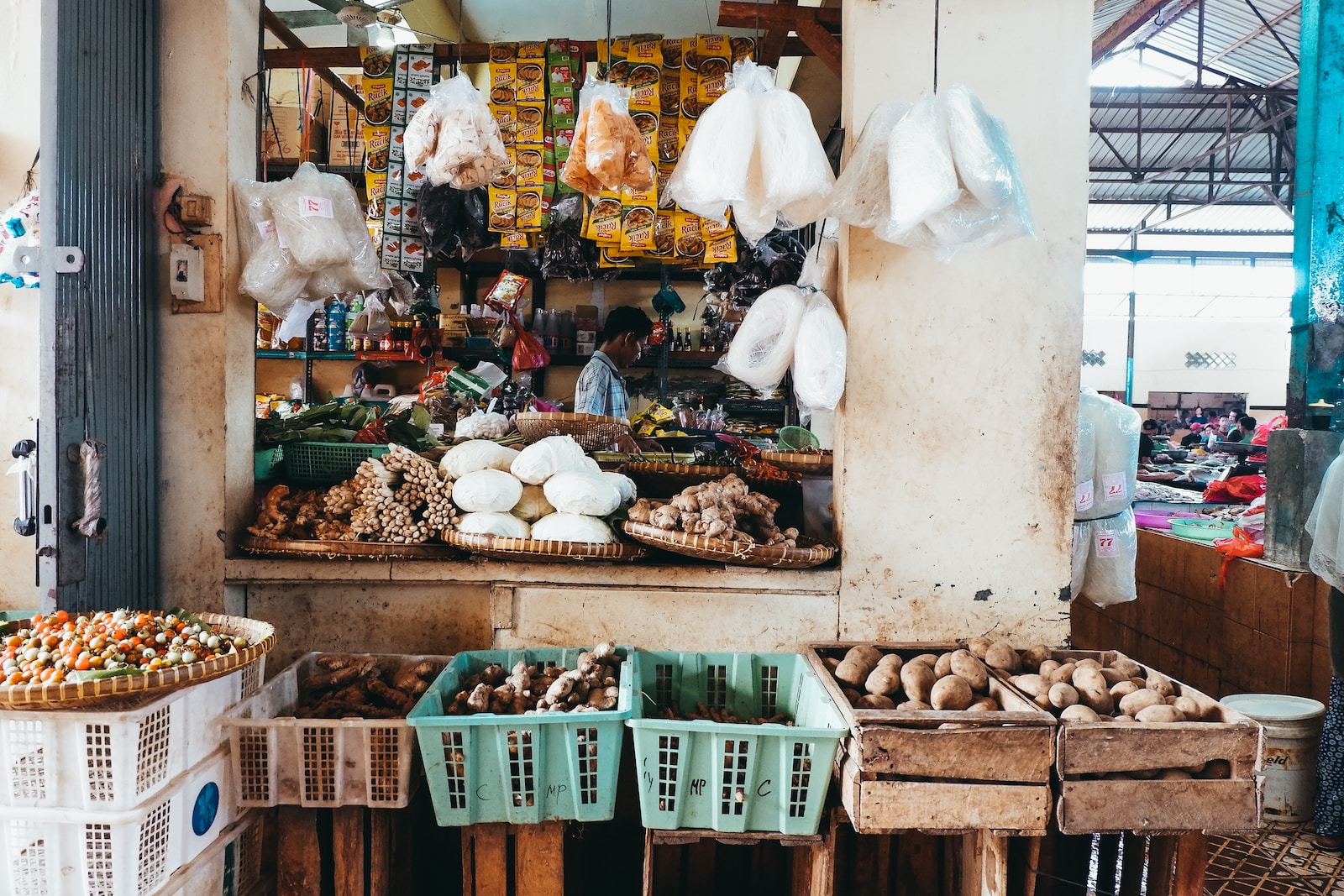
How many languages are spoken in Indonesia?
Indonesia has 252 million inhabitants who speak over 742 different languages. The fact that Indonesian’s speak so many languages might look like a problem, but in fact, it isn’t.
Languages in Indonesia
Bahasa Indonesian is the most widely spoken language. Only 7% of the population speak it as a first language, but more than 200 million people speak it as a second language and it is the language of trade. After Bahasa the second most widely spoken language is Javanese.
Business opportunities
With Brexit looming it really is time to think about doing business outside the UK and Europe. Setting up a global arm to your business is challenging, but with the right information, your business could do well-exporting goods or services to Indonesia, which is one of the world’s emerging markets and has the largest economy in South East Asia.
UK businesses thinking about doing business with Indonesia will benefit from their growing domestic consumer market which has been spurred on by a growing middle class.
Indonesia is part of the Asian Economic Community and part of the ASEAN Free Trade Area. This means it allows free movement of trade and services. According to Export Britain importing a crate of standard goods to Indonesia requires 7 documents, 23 days and £407. It will, of course, become easier as the country adapts its laws to facilitate foreign trade.
The new middle class are keen to try new products and services and over 102 million Indonesian browse the web and use Facebook and Twitter. Currently, companies such as Mothercare, Marks and Spencer, Next and Debenhams have a retail presence in the country.
This is good news for British markets because it means that businesses can use the internet and the power of social media to advertise and engage with Indonesian consumers.
Indonesia produces and exports coal, palm oil, cocoa, tin and natural gas. The UK exports machinery and transport equipment, chemicals, crude materials and manufactured goods.
Indonesia has also been improving many areas and they have plans to build, expand and improve the country’s infrastructure with projects that include improvement to transport hubs, construction projects and providing access to electricity to areas which don’t have access at present. They say that 75% of the country has electricity and they want to increase this to 91% of the population.
Other areas of improvement include the introduction of renewable energy, improvements in education and investments in oil, gas, marine and shipping. Therefore there’s a lot of opportunities for companies to do business with the Indonesians. According to Export Britain, Indonesia’s import needs are set to rise rapidly in terms of both capital goods for infrastructure and consumer goods for the domestic market.
If you want to more about doing business in Indonesia have a look at the Gov.uk website which will give you plenty of facts and figures about the country and its economic growth.
Communication
Of course, Indonesian translation services can easily put your important documents into the Bahasa language. That means your new business partners know exactly what you want from them, but there’s more to it than that. If you want to have a successful business relationship with your Indonesian partners then you need to understand a little bit about their traditions and their culture.
Business etiquette
When you first met an Indonesian businessman a handshake is the usual greeting, some Indonesian’s will also give you a short bow, it is polite to bow in return. If you are in a meeting with a number of people always greet the eldest or more senior person first.
Bear in mind they are not a race of people who make decisions quickly, they do not like to feel rushed or pressured. They will expect you to talk at length about your business proposition. If they yes at first it doesn’t necessarily mean they are going ahead with the deal, it means they are listening to you. Business meetings are normally formal and quiet affairs. People will think you are aggressive if you talk too loudly or shout.
Indonesians, like the Chinese and the Japanese, like to get to know you as a person as well as a business partner. That means they might ask you questions about your personal life and they will expect you to come out and socialise with them if you in the country.
They will also trust you more if they feel respected. This means trying to learn a little bit of their language even if it is only basic greetings. Make sure your business cards are also in Bahasa and hand them over after the initial handshake. If you receive a business card make sure you read it carefully before putting it away, even if you don’t understand the wording. Make sure that any promotional materials or brochures are translated professionally.
Localisation
If you are going to be dealing with Indonesian consumers whether that’s on a B2B or B2C basis, you must make sure your website and your social media platforms are localised. Localisation isn’t just about translation. It is also about recognising a culture and adapting your marketing materials to suit that culture.
For example, make sure your website has appropriate images and colours. What works in the UK might not be acceptable in Indonesia. Red, for instance, might signify danger or passion to westerners but in Indonesia, it means joy and luck, so it’s a good colour to use on marketing materials and your business cards.
If you set up a Facebook page again, use local images so that people can relate to the page and ask your translator to ensure any messages or advertising are translated using local expressions. This will make your potential customers feel at home and valued. Just look at the results of the Common Sense Survey. When talking about global markets, they say that 75% of the consumers they interviewed confirmed that they were more likely to buy a product if the information was given to them in their own language.
Therefore, the key to successful Indonesian business communication is to know something about their culture, learn how to greet your business companions and use a professional translation company to ensure no parts of your negotiations get lost in translation.
If you would like to chat with Brightlines about an upcoming translation project please give us a call on 01225 580770 or fill out our quote form here.

